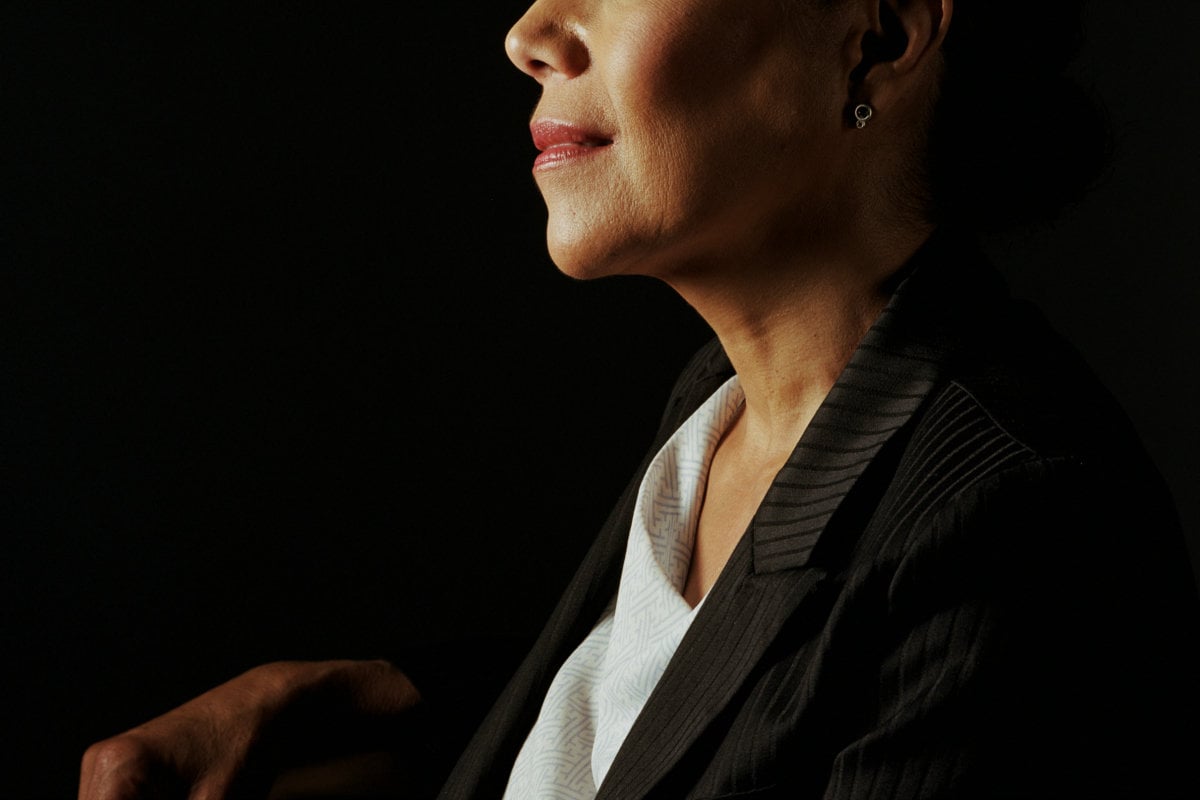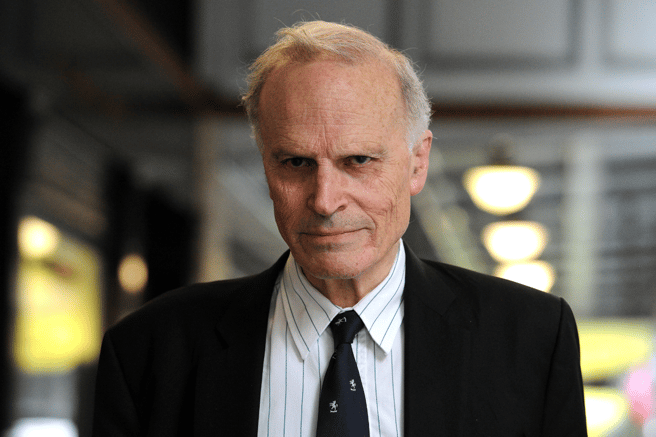
This post deals with sexual harassment and assault and might be triggering for some readers.
It was after a work function. Evelyn* was sharing an Uber home with colleagues from the legal firm where she worked. A senior boss was in the front passenger seat. She, a friend and a barrister were in the back.
Some time into the journey, the barrister reached across.
"His hand started on my lap and then tried to get up under my work dress," she told Mamamia's daily news podcast, The Quicky.
"You just completely freeze... You're paralysed that someone's seeing it, and you're wondering, 'Did I do something to egg this on? I thought he just thought I was a good lawyer.'"
Luckily Evelyn's stop was nearby. She said a quick goodbye, and hurried out of the car. Later, she received a text message from him.
"Wow," it read. "You're dangerous."
Evelyn's experience of sexual harassment in the legal profession, sadly, isn't an unusual one. And we may soon be hearing many more.
Listen to more of Evelyn's story on The Quicky. (Post continues below.)
There's anticipation the industry could be on the cusp of a long-awaited 'Me Too' reckoning, following revelations about former High Court judge, Dyson Heydon.
An independent inquiry commissioned by the High Court concluded last week that the 70-year-old sexually harassed six former associates while serving on the bench between 2003 and 2013.
The allegations showed that Heydon consistently touched, kissed or propositioned the junior lawyers, and that his behaviour was an 'open secret' among the legal community.


Top Comments
Perhaps, more than a few.